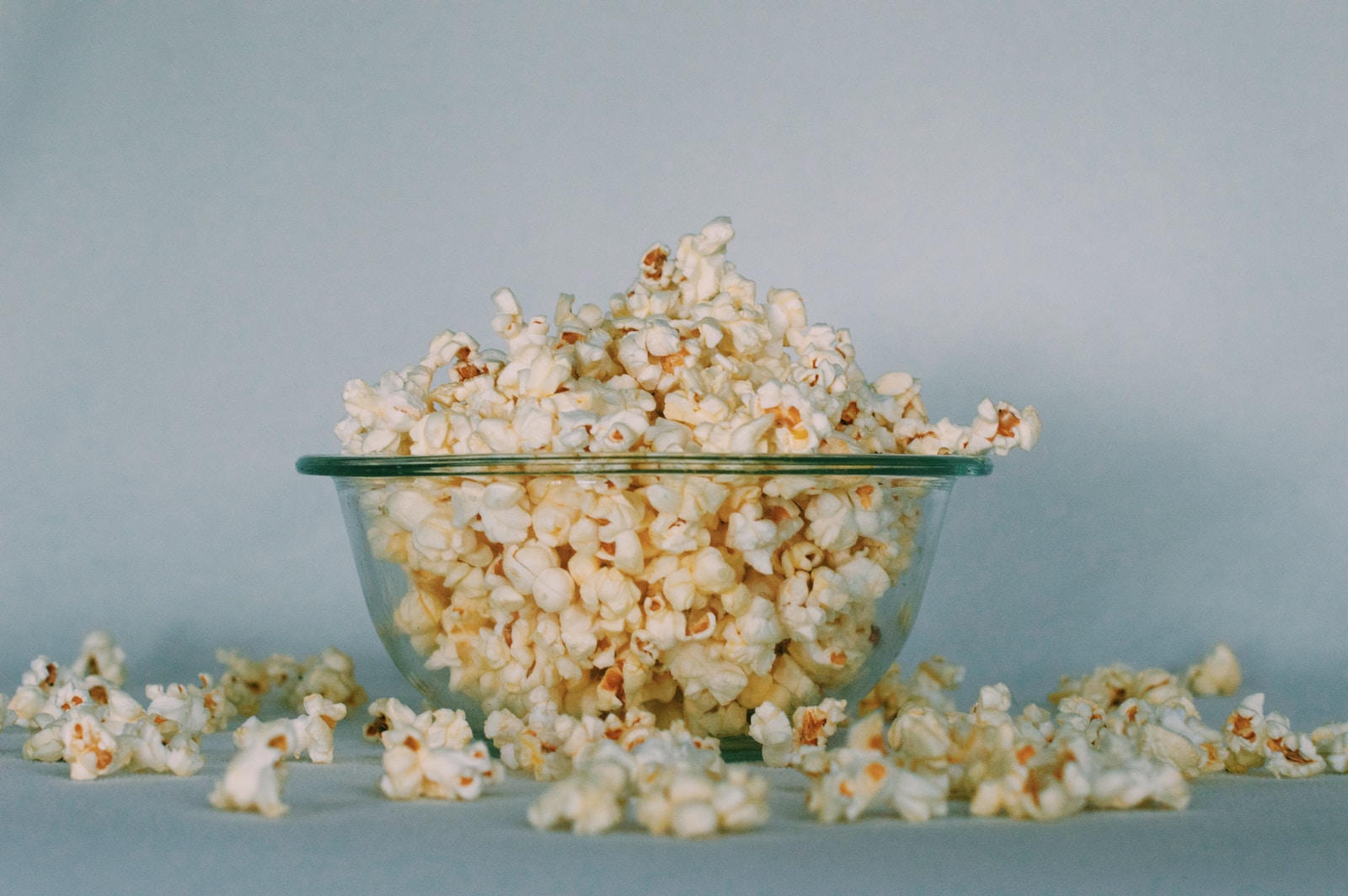Nighttime snacking is probably the number one question I get from my fellow #fitprofessional peers- and I understand because I am in the same boat as you all. Every day is like a marathon, we are scrambling to get things done until 7 or 8, AND make dinner AND finish the laundry AND figure out what the heck is going on the next day. When we finally put those dishes in the washer and flop down on the couch to watch a bit of the tube before bed, munching on a treat while doing so sounds really appealing.
So how do we keep just a few hours from sabotaging all of the hard work we put in every day to stay fit? The munchies are very particular to this part of the day for many of us.
The recommendations
According to this Popsugar article, there are three key ways to tackle nighttime eating:
- Plan for your dessert;
- Eat enough at dinner/other meals so that you aren’t still hungry
- Use an “urge” jar, like a swear jar, to differentiate between actual and physical hunger. So when you aren’t actually physically hungry, you can just put a coffee bean in the urge jar.
The first two tips make sense. If you plan for a dessert or something sweet after dinner, instead of just a hard stop, then it does the job of feeling less like deprivation while not mindlessly eating. This snack was in your meal plan, so you aren’t off the plan.
The second tip, which is eating enough at meals, also resonates. If I don’t eat enough during the day, I am ravenous at night. I start snacking as I am preparing dinner, and then have dinner, and then definitely want something after dinner.
And according to this article, it is NORMAL to crave something sweet, because your body needs that glucose to support the digestive process. Remember in my NEAT article when we explored TDEE and what percentage of that comes from exercise versus other functions of the body? The thermic effect of food is responsible for about 10 percent of that energy expenditure. Therefore, it makes sense for the body to want that access to the energy after a meal.
This second article then goes on to explain that the “cue” to eat something sweet after dinner is a result of a habit the body becomes accustomed to to get a dopamine rush. The key is to break the habit but replacing the routine after the “dinner ends” cure. So instead of watching TV, then do something else like reading a book or taking a walk. It also explains that if you do not give yourself permission to eat sweets throughout the day, the deprivation snowballs and makes you susceptible to overcompensation with sweets late at night.
This third article echoes the advice of eating plentifully during the day, giving yourself permission to have sweets no matter what time of day, and eating balanced and satisfying meals.

This makes sense, BUT….
After reading all of these articles, this made sense to me. The only what if being:
You take a walk, read a book, eat enough during the day including permitted “sweets,” eaten balanced meals, and STILL crave something sweet?
This is where I have an issue with the mixed messages these experts are sending. They seem to be implying we have permission to eat sweets, yet at the same time coming up with fancy ways to avoid eating them at night and making it a taboo thing.
For me, I find it easier to view as a given that dinner won’t be my last meal of the day. I find the advice of planning ahead for my nighttime treat helpful, except planning exactly what you will have can eliminate the flexibility I encourage in my little black dress planning.
For example, say you plan on eating some strawberries with greek yogurt. But what if you also want some chocolate or some nuts? You may just stick to the first snack you planned, but end up inevitably eating what you really wanted in addition to that. This is when it can feel like you are losing control.

My recommendations based on being a nighttime muncher
Based on what I am seeing and what I have experienced, here’s my two cents around nighttime eating:
- DON’T demonize it. By labeling it as taboo, you automatically are setting yourself up for feeling guilty and deprived
- DO plan on a snack, but have a menu of options for what you may feel like – so a sweet-salty option like chocolate and almonds, or a chewy option like dried fruit, or a “spoon” option like a small scoop of ice cream with berries or greek yogurt with honey.
- DO enjoy your snack and eat it slowly. Also, DO have the snack you want. If you want a cookie, have a cookie and dip it in milk. You are much better off than if you want a cookie and try to eat all this other stuff that makes up for not having a cookie. For example, one of my friends said she ate two bananas, an orange, and some dark chocolate when she really wanted a cookie. Guess what – about as many calories, if not more, and she would have been so much happier if she’d had that cookie.
- DO have a large cup of tea or sparkling water to sip on as you snack. . Then when the snack is done, keep sipping. You will probably see that it’s more about having something in your hand that you can keep consuming that’s really the habit. So it’s not a total replacement, just an option to extend it in a way that makes sure your body doesn’t get overwhelmed with food.
- DO brush your teeth shortly after having your snack so that way you won’t have as much of an instinct to go back and pantry-surf if you don’t go to bed right after your snack.
- DON’T GIVE INTO “WELLNESS CULTURE” FOLKLORE. Most of the articles I have read on the topic tell you to go take a bath. Well, we don’t always need a bath and a bath is just one more thing you have to do for 45 minutes. You have to wait 30 minutes before you can even get in it. Who has time? Not us. But I would suggest if you want a quicker solution to rub a scented hand cream, like this one from Aveda, on your hands. This will give you that relaxing feeling and make any of the food you are likely to snack on taste gross. Who wants hand cream popcorn?
Nevertheless, the perception that nighttime eating is shameful or “off limits” needs to be smashed. It’s ok to eat at all times of day. If your body wants, it probably needs.






